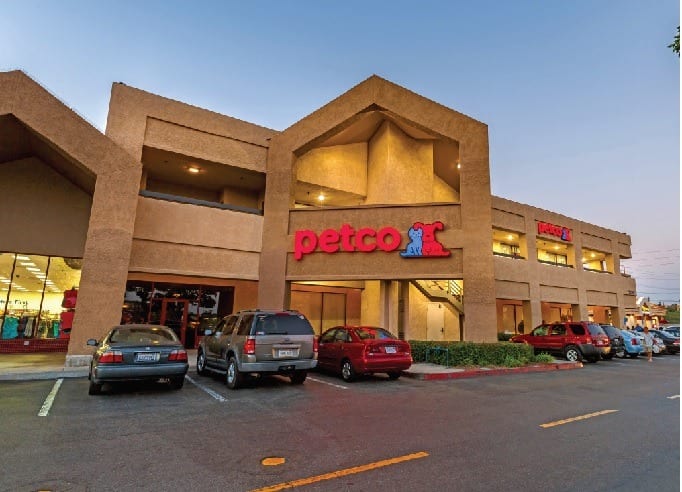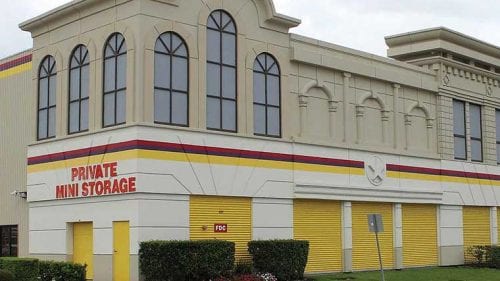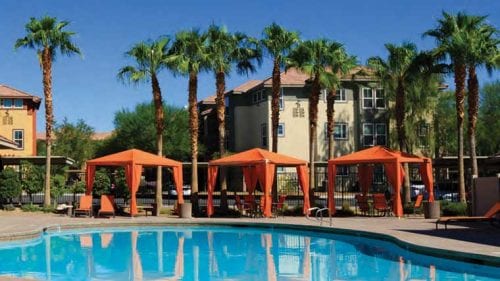The DST 1031 option has become increasingly popular for investors considering a single NNN property.
- Your investment goes into the same type of NNN-leased real estate, with tenants like CVS, Walgreens, Advance Auto Parts, FedEx, 7 Eleven, Starbucks etc
- DSTs can offer diversification by providing portfolios of multiple NNN properties in different states, with different tenants
- DSTs also enable 1031 investors to invest in multiple asset classes such as multifamily apartments and self-storage properties
- DST properties are “pre-packaged” and ready for 1031 investment, enabling you to do your due diligence and close escrow very quickly
- DST properties are managed by experts, relieving you of the burden of managing and overseeing your properties
Sign up now to get the complete list of NNN DST properties available for your 1031 exchange investment
“DST properties are a boon for investors who are having difficulty identifying suitable replacement property, or are unable to place all of their sales proceeds into a replacement property”
A “NNN” lease is a special type of lease between a property owner and a tenant. NNN stands for “net, net, net”. In addition to the rental lease payments owed, the NNN tenant is responsible for the net property taxes, net insurance costs, and net of some building and maintenance expenses for the property they lease. Generally, these tenants lease anything from retail, to office, to fast food, to industrial properties.
Some investors prefer NNN leased properties because they do not have to deal with traditional property management issues and responsibilities. And, some tenants prefer them because they can lock in generally lower rents for a longer term than a traditional lease, often 10, 15, or 25+ years.
We have compiled a large, detailed list of 1031 exchange DST investments from top sponsors over the past few years for your review. These past DST offerings are very similar to current offerings. As per SEC regulations, we cannot advertise current DST offerings to the general public. Sign Up Now for a current 1031 DST property list.
In 2004, the IRS issued Revenue Ruling 2004-86, creating the DST investment structure. A DST is a separate legal entity which is created as a trust under Delaware statutory law, and enables a flexible approach to the ownership and operation of investment real estate. A group of investors can each individually purchase what is known as a “beneficial membership interest” in a DST, and that ownership is equivalent to real estate ownership for 1031 exchange and other tax purposes.
Individual DSTs are typically created by sponsor firms for the purchase of a single property, though some firms can bundle a portfolio of properties into a single DST. 1031 exchange investors can purchase an interest in one or more DSTs to satisfy their 1031 exchange requirements, giving them an option to go beyond traditional, sole-owned investment real estate. As with all real estate, there are many advantages (and disadvantages) to DST owned properties.










